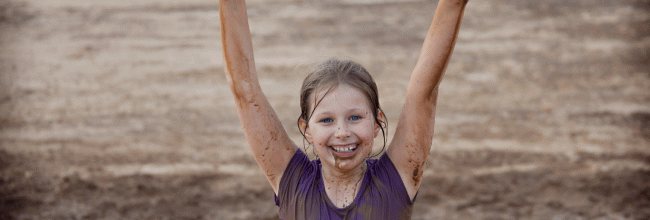Primary Science Ideas for Home-schoolers

Don't spoil all the fun!
It is very tempting as a home-schooling parent of an enthusiastic primary aged child to do loads of fun experiments with your child that make their eyes light up as they gasp "Wow!!" But a word of warning...
If you do lots of "Wow!" experiments when your children are young then there will be little "Wow!" factor left for them when they are older and able to understand the scientific concepts behind the "Wow!" For example, if you make a red cabbage indicator with them as a youngster, they will watch all the colour changes and go "Wow!" but they will not understand why it has happened.
Many years later, they finally reach the level of studying acids and bases and up comes "Red Cabbage Indicator"as the experiment for the week and what do you hear? "I've already done that, I don't need to do it again". The excitement has been stolen from them by over-stimulation when they were young.
Primary aged children have an innate curiosity that makes scientific discovery fun and easy without lots of "whizz bang" experiments.
I am very keen on Charlotte Mason's approach to primary education. Lot's of life experience, living books and time outdoors where children will naturally ask questions and make observations. It also means you do not need different programs for different aged children. You can all do things together and children of different ages will glean the information and skills appropriate to their ability.
A little direction with a nature journal will help them learn to record their observations and draw their attention to things they may not otherwise notice, such as the weather, whilst keeping things simple and natural.
Choosing an age appropriate biography of a scientist will cover the human endeavour aspect of the Australian Curriculum and will introduce your children to scientific discoveries and topics they may not have otherwise thought about.
There are many nature stories to include in your reading, which may lead to questions that can be discussed and investigated. A few simple experiments can also be introduced that are relevant to their reading. I remember reading Little House in the Big Woods with my daughter when she was young and we ended up experimenting with making toffee, making butter, poking apples and oranges with cloves and comparing them to ones that had no cloves - and we found they really did last for ages without going mouldy (we also learnt about mould in the ones without cloves!). Our problem was limiting the activities and experiments we wanted to undertake.
Outings to a variety of places will spark questions and conversations about all sorts of topics that are science related and will provide a nice broad base of experience upon which the children can hang their formal science education once they hit high school age.
There is plenty of time in the high school years for formal science education.
Here a few ideas of activities that can spark scientific observations and conversations:
A picnic at the zoo with friends,
visit an underground cave,
watching the yeast bubble before making bread,
seeing how bicarb cuts through dirt and also bubbles with vinegar,
watching detergent break the layer of fat on the dishwashing water,
planting a herb garden and observing its growth,
painting or drawing wild flowers,
pressing flowers and making book marks or cards with them (compare them with flowers that aren't pressed),
walk along the coast, stopping at rock pools to see what lives there,
star gazing - in the city and in the country,
disturbing the leaf litter to see how many bugs you can find,
visit an animal farm,
visit the wind farm,
look at the hairs on their arms in cold weather,
watch a caterpillar make a cocoon and become a butterfly...
The possibilities really are endless! Have fun with it :-)
In time, CC and I hope to put together a plan for this style of primary science that also covers the Australian Curriculum. But that will be down the track, after Year 9 and 10 are complete - we think secondary science is more of a challenge for most home-schooling parents, so that is our priority.
- Tags: elementary science | homeschooling | primary science
